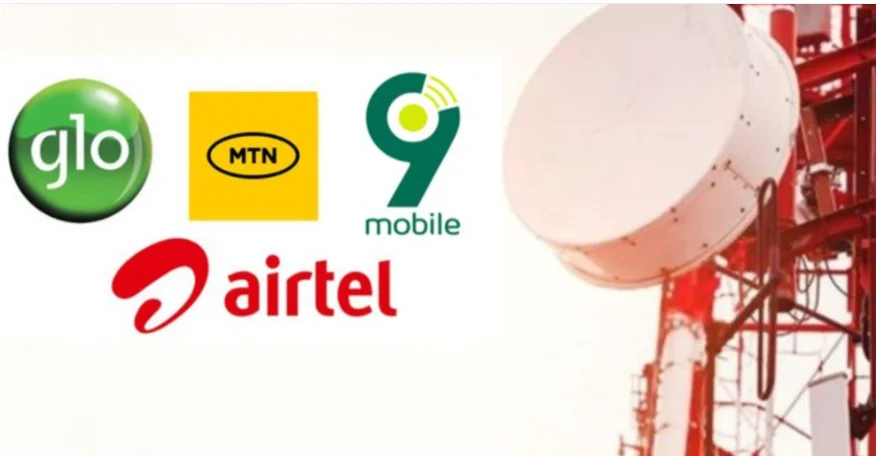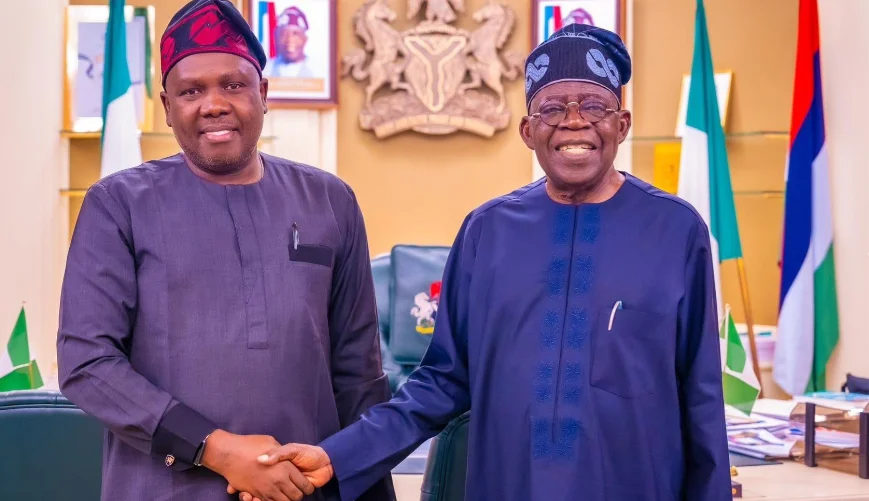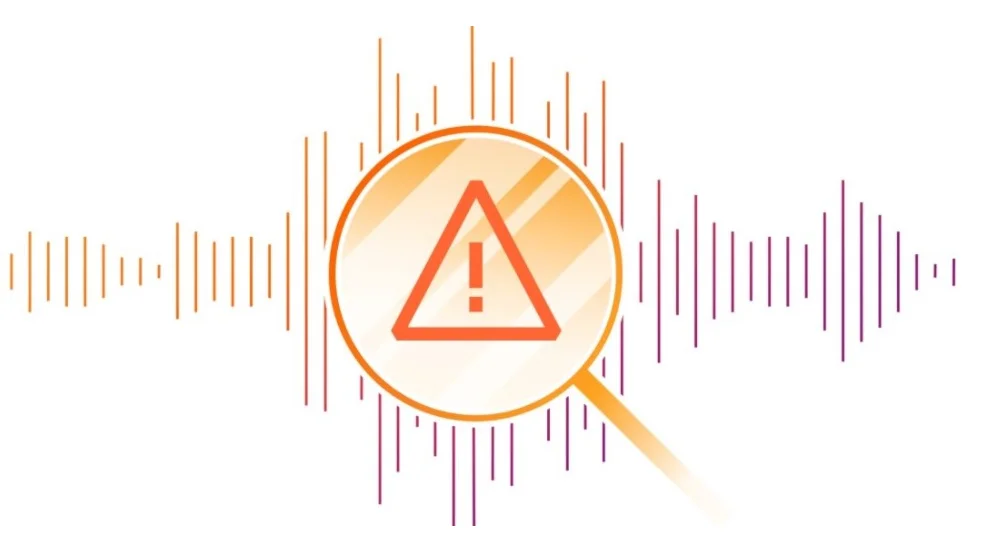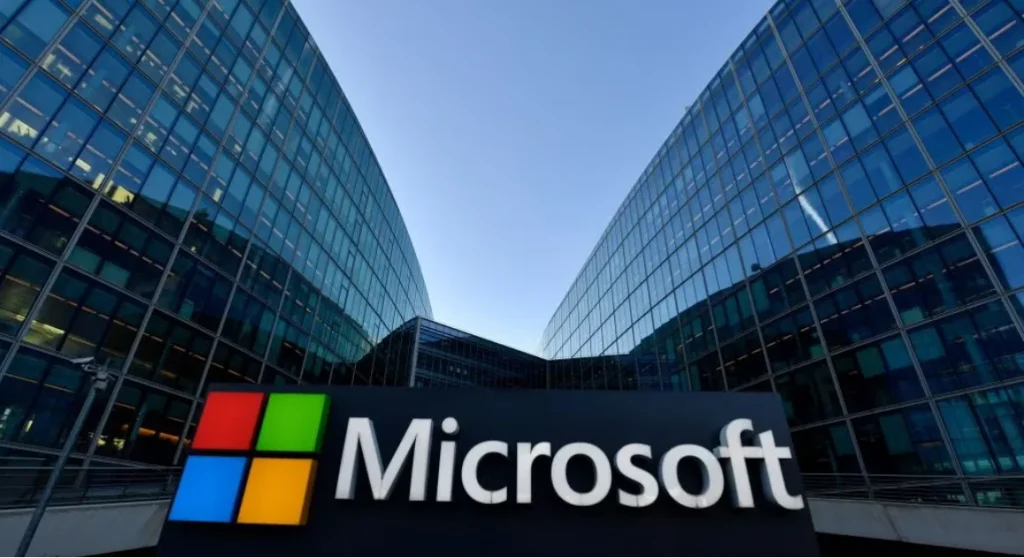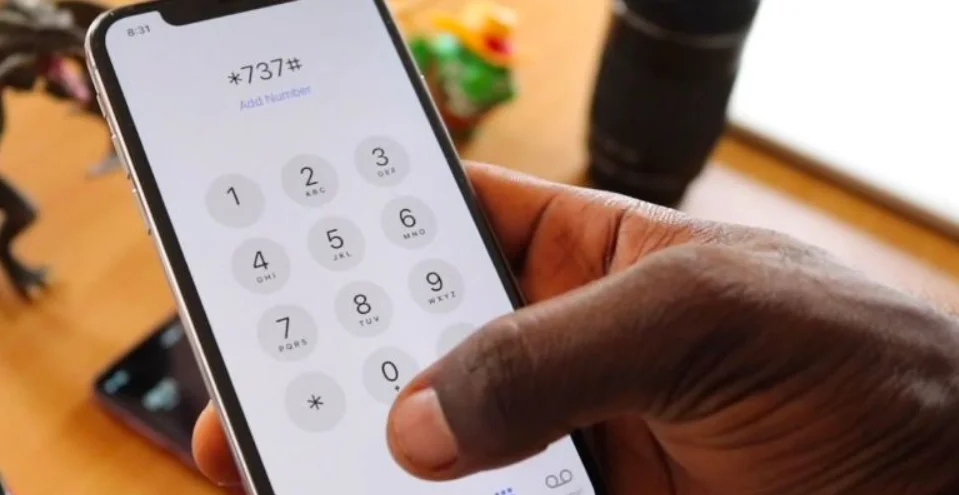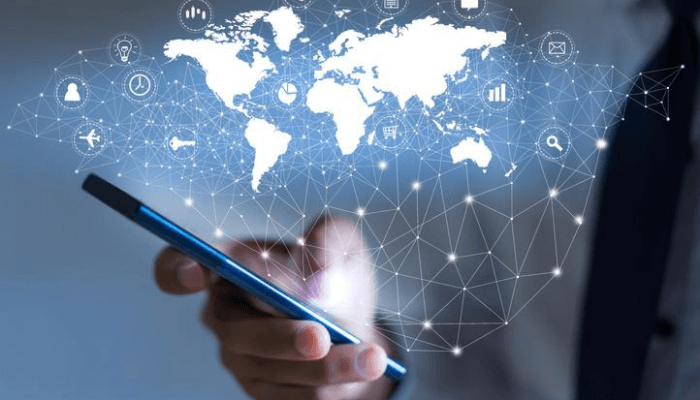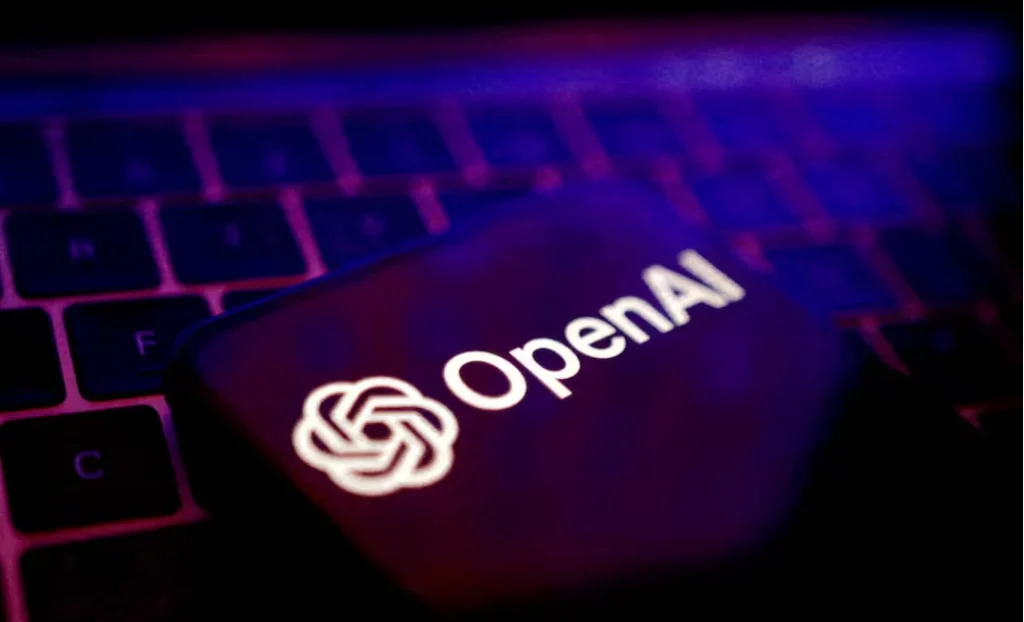USSD banking was introduced as a convenient way for Nigerians to perform transactions without internet access. However, recent experiences show that many customers are unknowingly paying a “hidden cost” for failed transactions. From petty traders to everyday users, countless Nigerians are being charged multiple times for unsuccessful transfers, withdrawals, or balance checks, raising serious concerns about financial inclusion and trust in the system.
Real-Life Experiences of Failed USSD Transactions
For many Nigerians, like Chinyere, a petty trader in Lagos, USSD transactions have become a nightmare. She attempted to transfer ₦5,000 to her supplier using her bank’s USSD code. The transaction failed—twice. Despite no funds being delivered, she was charged ₦13.96 in total, at ₦6.98 per failed session.
Her story is not unique. Across Nigeria, customers continue to report similar deductions for incomplete or failed transactions, often without refunds or accountability.
Why This Matters: A Threat to Financial Inclusion
According to Yusuf Adeyemo, National Vice President of the Association of Mobile Money and Bank Agents in Nigeria (AMMBAN), failed USSD transactions are discouraging Nigerians from using digital financial services.
“Affordability is the basis of financial inclusion. When it becomes expensive to carry out basic financial transactions, people will lose trust in the system,” Adeyemo explained.
For millions of unbanked and underbanked Nigerians who rely on USSD as their only access to banking, these hidden costs could slow down the progress of financial inclusion in the country.
Who Is to Blame: Banks or Telcos?
The debate over accountability has intensified:
- Telecom Operators’ Position:
The Association of Licensed Telecommunications Operators of Nigeria (ALTON) argues that telcos only provide the infrastructure to deliver customers to banks’ servers. If a transaction fails due to bank server issues, they should not be blamed.“Operators deliver you to the bank’s infrastructure. Whether the transaction succeeds or fails is beyond us,” said Engr. Gbenga Adebayo, ALTON Chairman.
- Banks’ Position:
A bank official (anonymous) countered, insisting that since the migration to end-user billing, telcos directly deduct charges from customers’ airtime. Banks, he argued, no longer benefit from those deductions. - Industry Experts’ View:
Elvis Eromosele, Editor of TheNumbersNG, believes telcos must accept responsibility since they collect the money directly. He criticised the lack of clear dispute resolution channels for customers and demanded reforms.
The New End-User Billing Model
On June 18, 2025, telcos began directly deducting USSD charges from customers’ airtime. This end-user billing model, approved by the Nigerian Communications Commission (NCC) in collaboration with the Central Bank of Nigeria (CBN), was introduced to resolve long-standing debts between banks and telecom operators.
Previously, banks deducted USSD charges from accounts and were accused of failing to remit payments to telcos. With the new system, telcos receive payments instantly. Unfortunately, this shift has pushed the burden of failed transactions directly on customers.
Proposed Solutions
Experts suggest several measures to restore confidence in USSD transactions:
- Charge-After-Service: Fees should only apply if a transaction is successful.
- Automatic Refunds: Telcos should auto-reverse airtime deductions for failed sessions.
- Dispute Resolution Platforms: NCC should mandate telcos to create time-bound complaint systems for quick redress.
- Public Awareness: Nigerians must be educated on how end-user billing works and their rights to dispute deductions.
Eromosele added:
“The operators and the banks need to sit with the NCC and CBN to resolve this. The blame will always go to telcos because they are the ones collecting the money.”
What You Should Know
- Date: June 18, 2025 – end-user billing for USSD began.
- Charges: Average of ₦6.98 per USSD session, even if the transaction fails.
- Policy Reason: To resolve debt disputes between banks and telcos.
- Regulators Involved: Nigerian Communications Commission (NCC) and Central Bank of Nigeria (CBN).
Conclusion
While USSD banking remains an essential tool for millions of Nigerians without smartphones or internet access, the hidden costs of failed transactions are eroding trust in the system. Unless regulators, banks, and telcos collaborate to introduce fair billing practices, financial inclusion efforts in Nigeria may face a serious setback.



